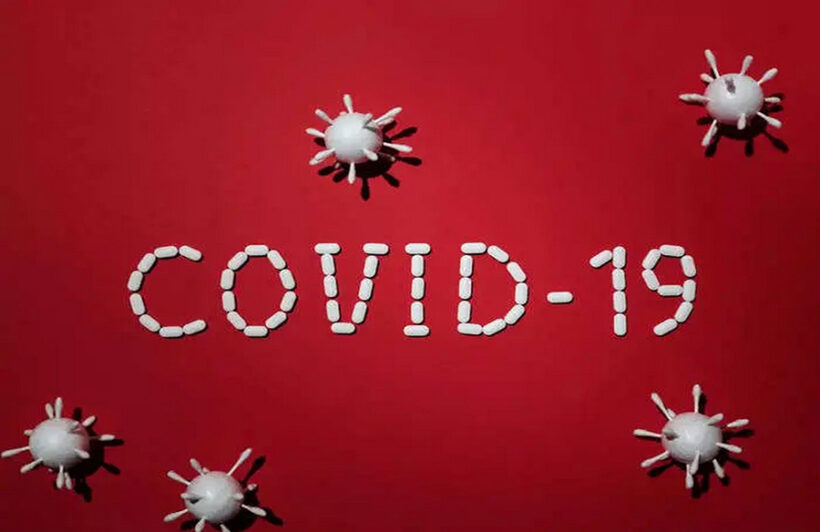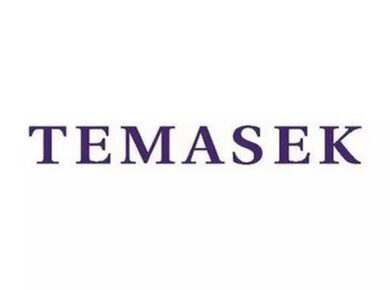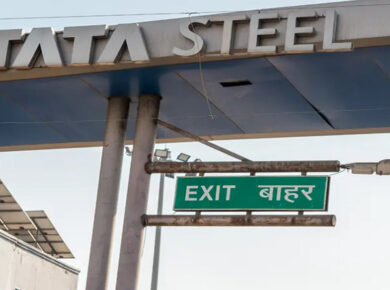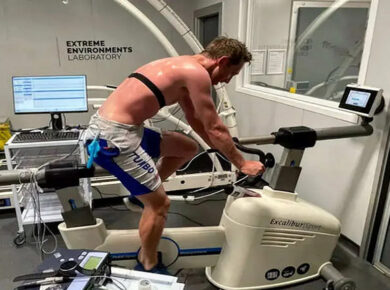In the wake of escalating cases of heart attacks among individuals who have previously suffered from severe COVID-19 infections, Union Health Minister Mansukh Mandaviya has issued a stern advisory. He emphasizes the imperative for individuals in this category to refrain from engaging in strenuous activities or hard work to mitigate the heightened risk of cardiac complications.
Understanding the Concern: Insights from ICMR Study
Central to the Health Minister’s cautionary advice is a comprehensive study conducted by the Indian Council of Medical Research (ICMR). This research delves into the aftermath of severe COVID-19 infections, shedding light on the lingering health implications that extend beyond the acute phase of the disease. One of the key findings of the study underscores the vulnerability of individuals who have endured severe COVID-19 illness to cardiac complications, necessitating a period of cautious recuperation.
Recommendations for Post-Recovery Care
Drawing from the insights gleaned through the ICMR study, the Health Minister advocates for a nuanced approach to post-recovery care for individuals who have battled severe COVID-19 infections. The crux of the recommendation lies in the avoidance of rigorous physical exertion and strenuous activities for a considerable duration post-recovery. This cautious stance aims to safeguard individuals from the heightened risk of cardiovascular events, including heart attacks, which may ensue from premature overexertion.
Significance of Cautionary Measures
The importance of adhering to these cautionary measures cannot be overstated, particularly in light of the alarming surge in heart attack cases across the nation. The correlation between severe COVID-19 infections and subsequent cardiac complications underscores the need for proactive preventive strategies aimed at averting adverse health outcomes among the affected population. By exercising prudence and restraint in the aftermath of severe COVID-19 illness, individuals can mitigate the risk of potentially life-threatening cardiovascular events.
Regional Insights: Gujarat’s Distressing Trend
Nowhere is the urgency of this advisory more palpable than in the state of Gujarat, where the incidence of heart attacks has reached alarming proportions. Particularly concerning is the surge in heart attack cases among young and middle-aged individuals, signaling a worrisome epidemiological trend that demands immediate attention. Regions like Saurashtra have witnessed a disproportionate rise in the incidence of heart attacks, underscoring the urgent need for targeted interventions to curb this burgeoning health crisis.
Case Study: A Tragic Reminder of the Stakes Involved
Tragic anecdotes serve as poignant reminders of the real-world ramifications of cardiac complications arising from severe COVID-19 infections. A case in point is the heartbreaking demise of a 17-year-old boy named Veer Shah, whose life was cut short by a sudden cardiac arrest while participating in Garba festivities in Kapadvanj Kheda district. Despite prompt medical intervention and valiant efforts to resuscitate him, Veer Shah succumbed to the insidious grip of cardiac failure, leaving behind a grieving community grappling with the devastating aftermath of his untimely demise.
The Role of Medical Experts: Insights from Dr. Aayush Patel
Providing valuable insights into the clinical landscape surrounding cardiac emergencies precipitated by severe COVID-19 infections is Dr. Aayush Patel, MD Medicine. Dr. Patel’s firsthand account of Veer Shah’s tragic ordeal sheds light on the complexities involved in managing such critical cases. Despite the swift deployment of medical resources and the implementation of advanced resuscitative measures, the inability to revive Veer Shah underscores the formidable challenges posed by cardiac complications in the aftermath of severe COVID-19 illness.
Comprehensive Strategies for Mitigating Risk
In confronting the multifaceted challenge posed by cardiac complications among individuals recovering from severe COVID-19 infections, a multifaceted approach is warranted. This entails not only individual-level interventions aimed at promoting prudent post-recovery behavior but also systemic initiatives aimed at bolstering healthcare infrastructure and enhancing access to specialized cardiac care services. By fostering collaboration between healthcare stakeholders and leveraging innovative technologies, it is possible to devise comprehensive strategies for mitigating the risk of cardiac events among the vulnerable population cohort.
Policy Implications and Advocacy Efforts
At the policy level, there is a pressing need for advocacy efforts aimed at prioritizing post-COVID cardiac care within the broader framework of public health policy. This entails advocating for the allocation of resources towards research endeavors aimed at elucidating the pathophysiological mechanisms underpinning post-COVID cardiac complications, as well as the development of evidence-based guidelines for post-recovery care. Furthermore, policymakers must prioritize the integration of cardiac rehabilitation programs into existing healthcare infrastructure, thereby ensuring comprehensive support for individuals navigating the complexities of post-COVID cardiac recovery.
Conclusion: A Call to Action
In conclusion, the surge in heart attacks among individuals recovering from severe COVID-19 infections necessitates a proactive and concerted response from healthcare stakeholders, policymakers, and the broader community alike. By heeding the cautionary advice espoused by Union Health Minister Mansukh Mandaviya and adopting a holistic approach to post-recovery care, it is possible to mitigate the risk of cardiac complications and safeguard the well-being of vulnerable individuals. Let us seize this opportunity to galvanize collective action and prioritize the imperative of post-COVID cardiac care, thereby ensuring a healthier and more resilient future for all.










